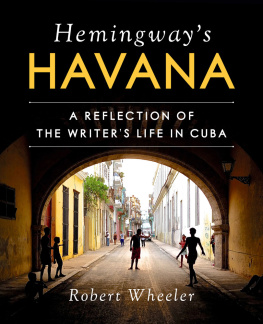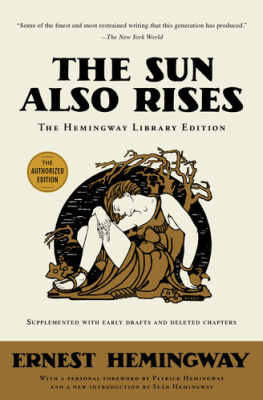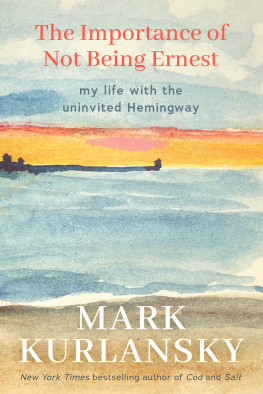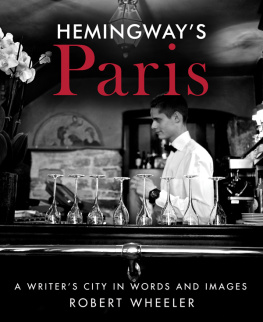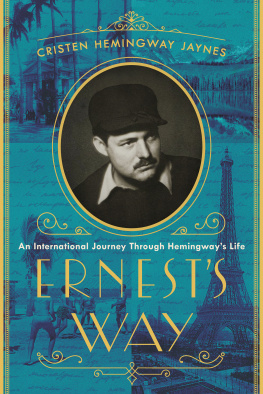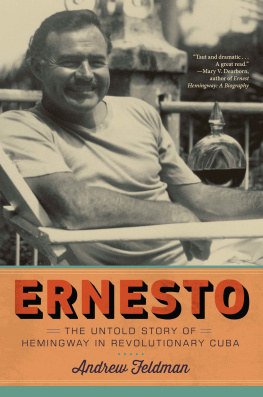

Also by Robert Wheeler
Hemingways Paris: A Writers City in Words and Images

Copyright 2018 by Robert Wheeler
All rights reserved. No part of this book may be reproduced in any manner without the express written consent of the publisher, except in the case of brief excerpts in critical reviews or articles. All inquiries should be addressed to Skyhorse Publishing, 307 West 36th Street, 11th Floor, New York, NY 10018.
First Edition
Skyhorse Publishing books may be purchased in bulk at special discounts for sales promotion, corporate gifts, fund-raising, or educational purposes. Special editions can also be created to specifications. For details, contact the Special Sales Department, Skyhorse Publishing, 307 West 36th Street, 11th Floor, New York, NY 10018 or info@skyhorsepublishing.com.
Skyhorse and Skyhorse Publishing are registered trademarks of Skyhorse Publishing, Inc., a Delaware corporation.
Visit our website at www.skyhorsepublishing.com. Visit the authors site at www.facebook.com/robertwheelerauthor/.
10 9 8 7 6 5 4 3 2 1
Library of Congress Cataloging-in-Publication Data
Names: Wheeler, Robert, 1963 author.
Title: Hemingways Havana : a reflection of the writers life in Cuba / Robert Wheeler.
Description: New York : Skyhorse Publishing, [2018]
Identifiers: LCCN 2017046291 (print) | LCCN 2017046417 (ebook) | ISBN 9781510732667 (ebook) | ISBN 9781510732650 (hardcover : alk. paper)
Subjects: LCSH: Hemingway, Ernest, 18991961Homes and hauntCuba. | Hemingway, Ernest, 18991961KnowledgeCuba. | Authors, American20th CenturyBiography. | AmericansCubBiography. | CubaDescription and travel.
Classification: LCC PS3515.E37 (ebook) | LCC PS3515.E37 Z945 2018 (print) | DDC 813/.52 [B]dc23
LC record available at https://lccn.loc.gov/2017046291
Cover design by Erin Seaward-Hiatt
Cover photo by Robert Wheeler
Printed in China
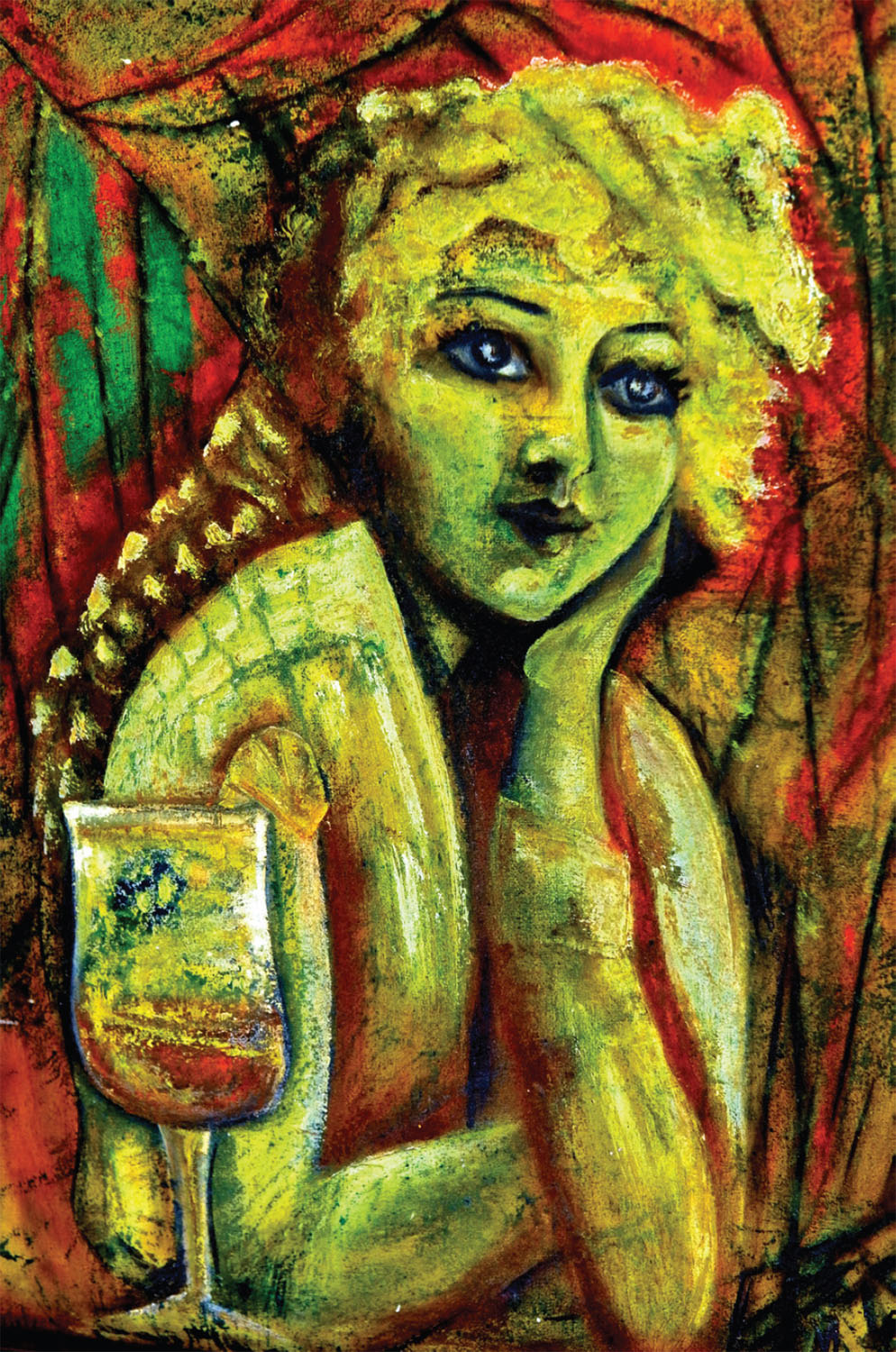
Para Meme mi inspiradora. Slo quiero decirte una vez ms: aqu estoy para ti. Hoy te amo ms que ayer.
For Meme my inspirer. I just want you to know that I am here for you. Today, I love you more than yesterday.
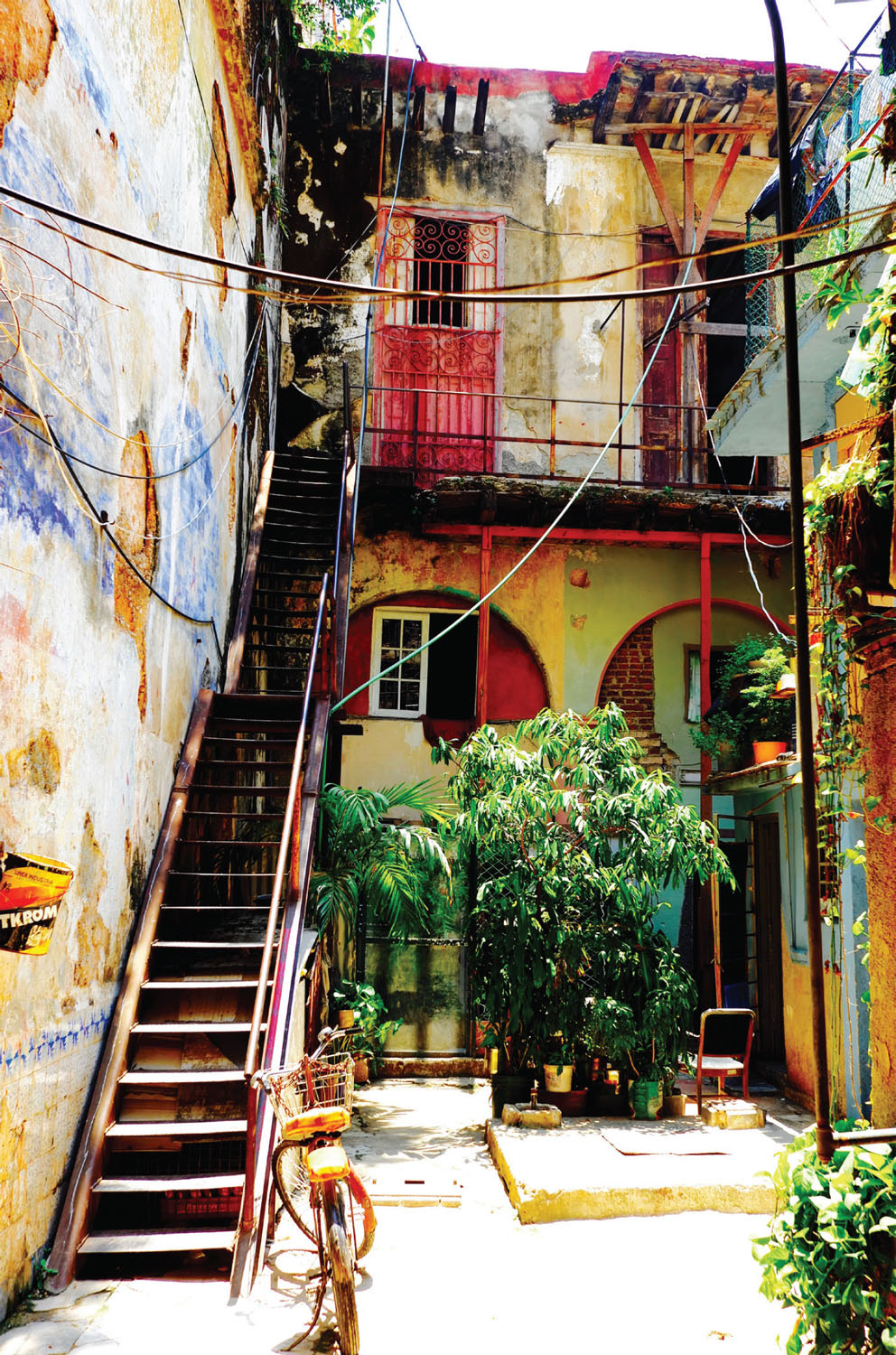
Contents
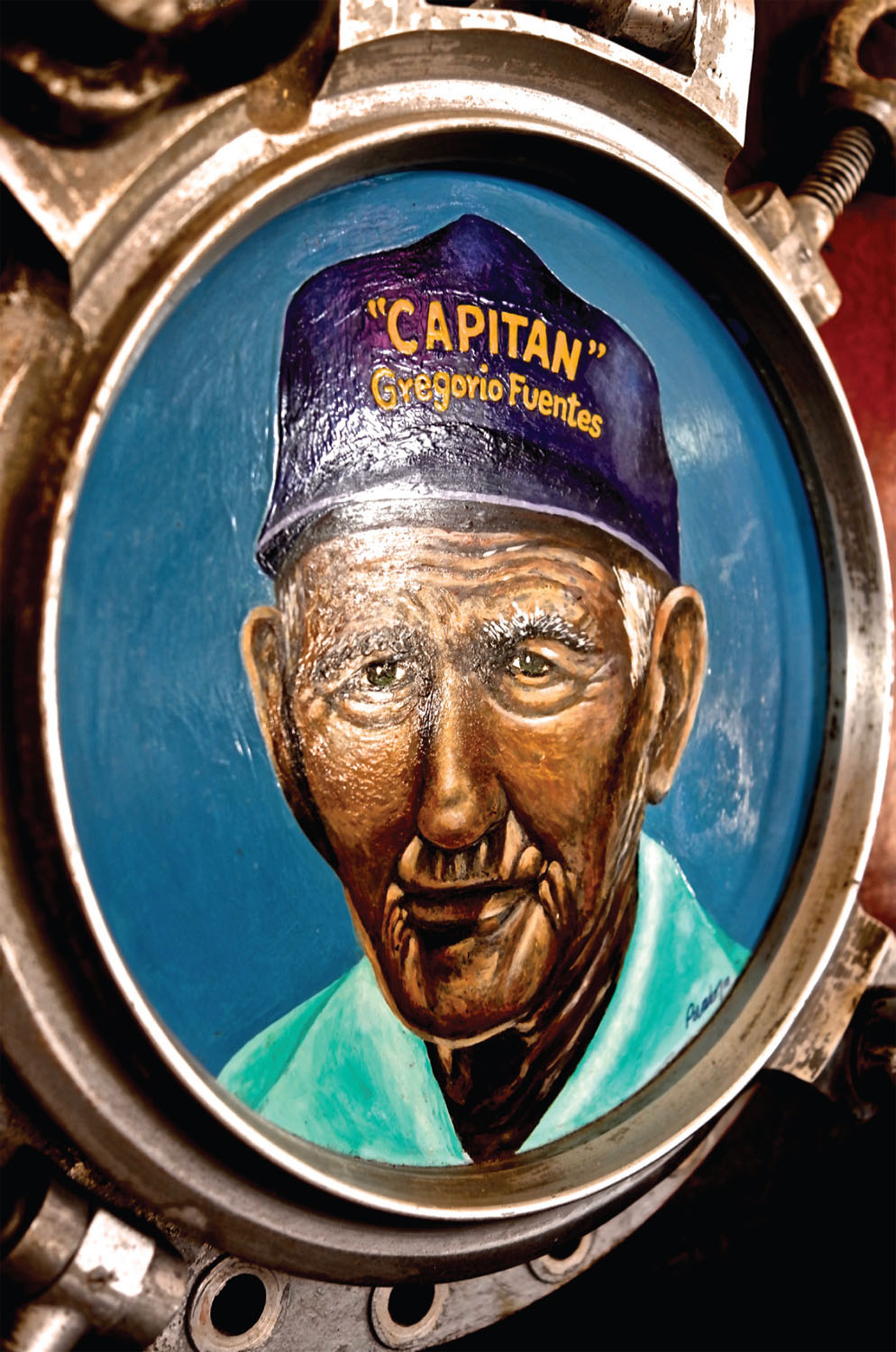
He would rather fish than eat or sleep.
Foreword
By Amrica Fuentes Translated from the Spanish by Carla Estrada
M y grandfather, Gregorio Fuentes, met Ernest Heming-way in the Dry Tortugas. They were both staying there to protect themselves from an oncoming storm. My grandfather helped Hemingway make a phone call to the States to let people know he was not lost and was safe. Thankful for his help, Hemingway promised that he would find my grandfather and see him in Cuba one day. Hemingway kept his promise, came to Cuba, and looked for six months, but did not find him. Then one day, someone placed a call to Hemingway and told him that Gregorio was on shore and that Hemingway could meet him. Hemingway left immediately for this specific reason. They metate, drank, and spokeand Hemingway proposed that Gregorio become the captain of his boat, the Pilar . From that time, to the day Hemingway died, they were forever together.
For me, the presence of Hemingway in my village and at my house daily was so normal that I never saw him as a famous person. He was like part of my family, and we treated him like a member of my family. The thing that I liked, and loved, about the friendship of my grandfather and Hemingway was the genuineness and passion and the dedication and affection they both shared of the sea. The experience and knowledge my grandfather had about the secrets of the sea impressed Hemingway. My grandfather often said that, always, he would do whatever the sea expected of him.
Something else they shared in common was how a man should be how he must live. A man must be friendly and honest, and simple and humble, and have a sense of solidarity. In their eyes, men had to possess these traits to be real men and to be counted. Hemingway and my grandfatherthey were not just about the sea but also about how a man must behave in the world.
Both Hemingway and my grandfather took Cuba as their second home. My grandfather was from Spain, the Canary Islands. He came to Cuba very young in a boat from Spain as a hired cabin boy. When the boat came into the bay of Havana, he jumped over the rail and into the water, swam away from the boat, and hid himself in Casablanca. This is the way my grandfather came to Cubaa man out of the sea. But always, Hemingway and my grandfather felt the draw and the enormous passion of Cuba, and they both embraced the people and their particularities.
When people come to Cuba, and to my village, Cojimar, and think of my grandfather and of Hemingway, I hope they should make this toast to the legacy of these two men it is a toast that contains significant meaning in Spanish: We delight in these two men, two men who lived por el mar, y para el mar. The best that I can translate is that Hemingway and my grandfather lived because the sea exists, and lived as servants to the sea.
Please enjoy this intimate book by Robert Wheeler, as his words and photographs have given an honest and clear picture of the Hemingway that my grandfather loved, and of the Hemingway that we Cubansespecially the fishermen from Cojimar who want his memory to remain alivestill hold dear.
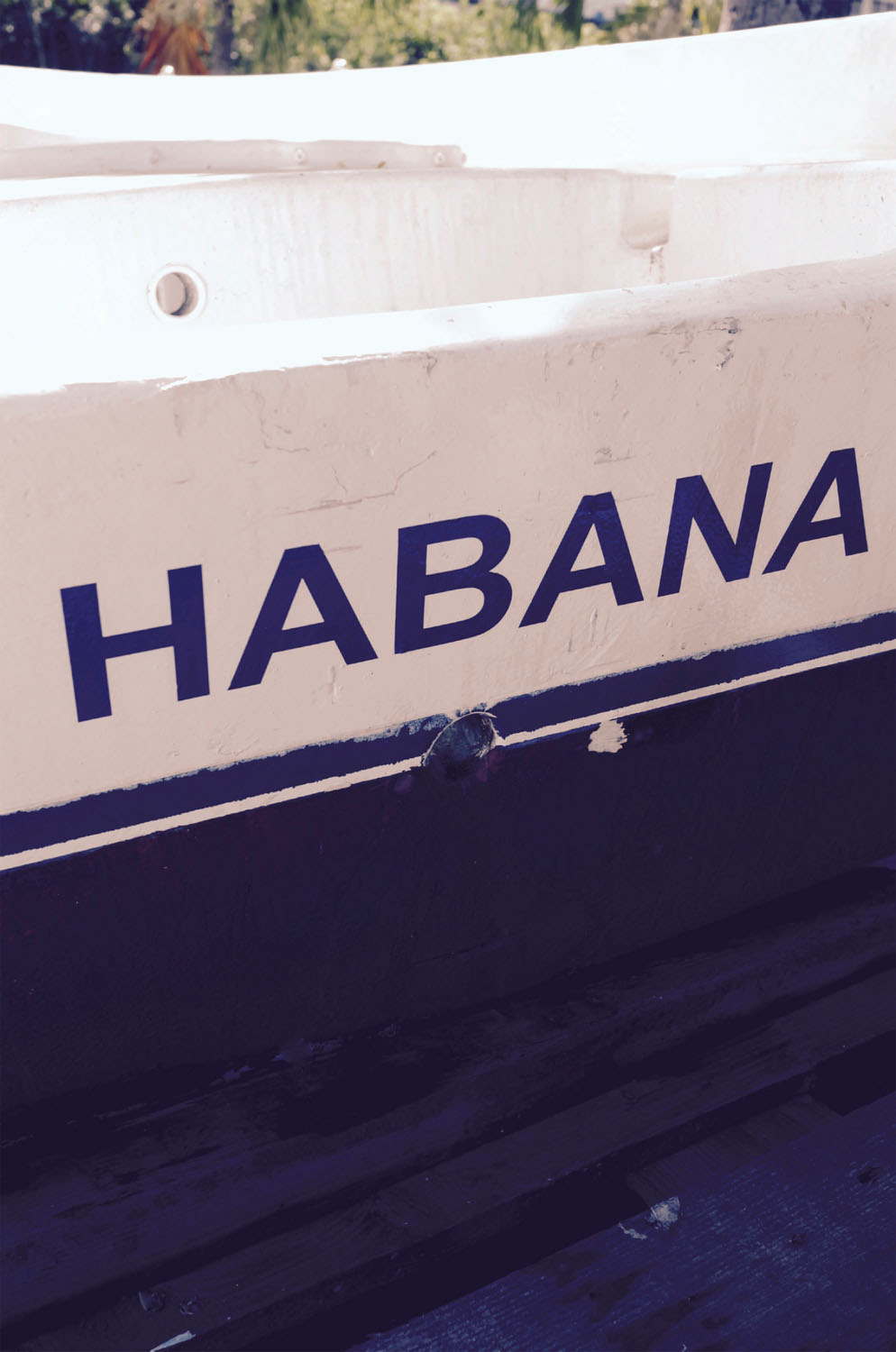
Some believe the name Habana is derived from Middle Dutch, havene , meaning haven or harbor.
Preface
A ll I have written was inspired and formed during a thirty-seven-day stay in and around Havana in the hot months of July and August, 2015. Having a slight understanding of the Spanish language, and listening constantly to the rhythms of the language spoken all around me, my Englishlike that of Hemingways when he lived in Cubachanged. The combination of two languages to achieve meaning formed a new and significant lingua franca.
Throughout my editing process, and that of my publisher, the decision was madein the spirit of authenticityto keep these fresh nuances in language. If one is lucky enough to reach below the surface of Cuba, that person will understand this decision, and this transformation in thought and language will be theirs as they set forth to discover Hemingways, and their very own, Cuba.
Thank you for this courtesy
Roberto
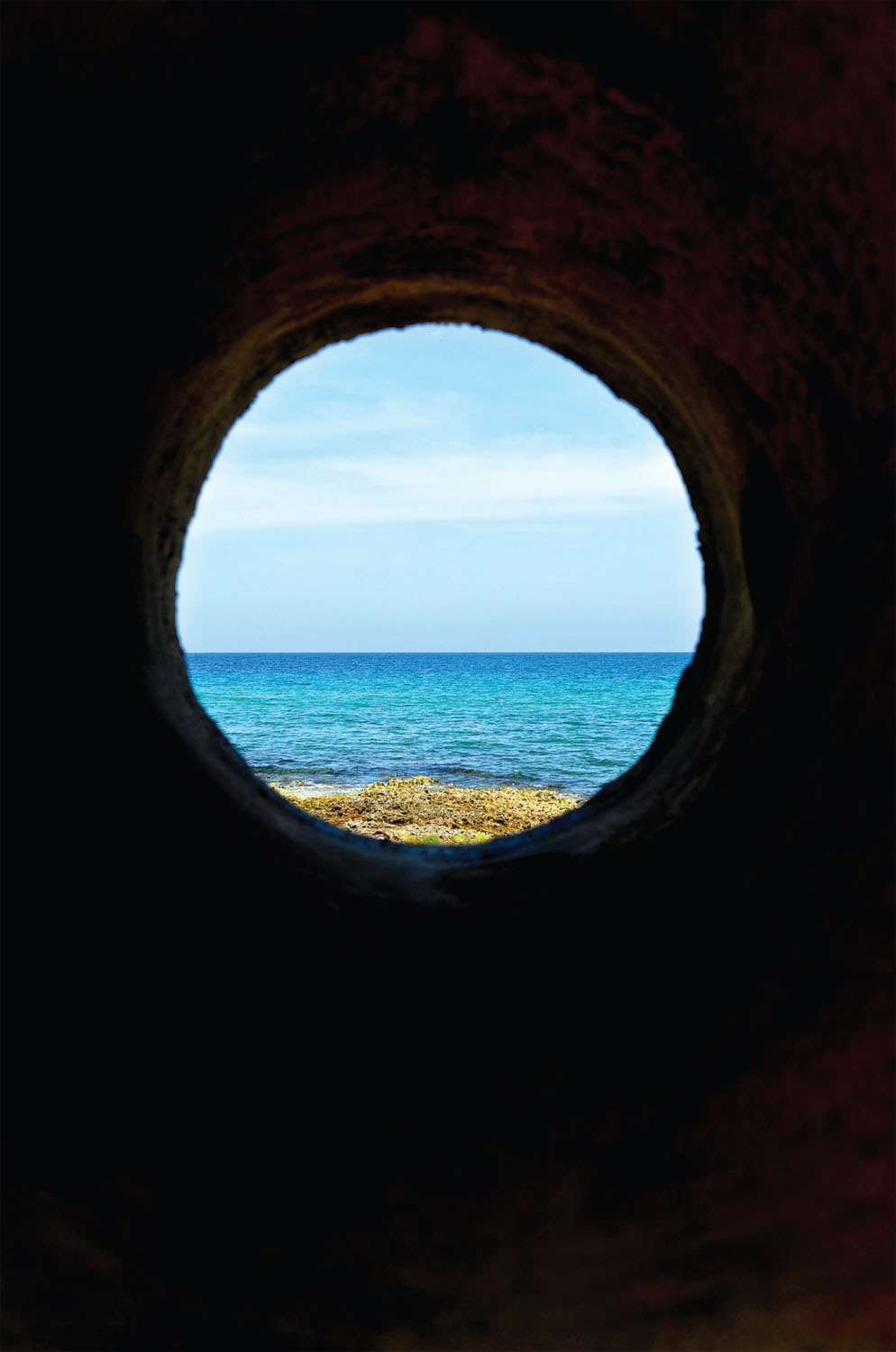
All I wanted was to know that I experienced a small and lovely glimpse.
Introduction
I n discovering Cuba, Ernest Hemingway found his most lasting, and most true, home. Having learned and loved along the boulevards and within the gardens and cafs of Paris, Hemingway was looking, once again, for an inspiring and lovely setting in which to write and live. From the moment that he set his eyes on this small island nation, encircled in blue, Hemingway knew that, unlike Paris, he would never leave.
Next page
